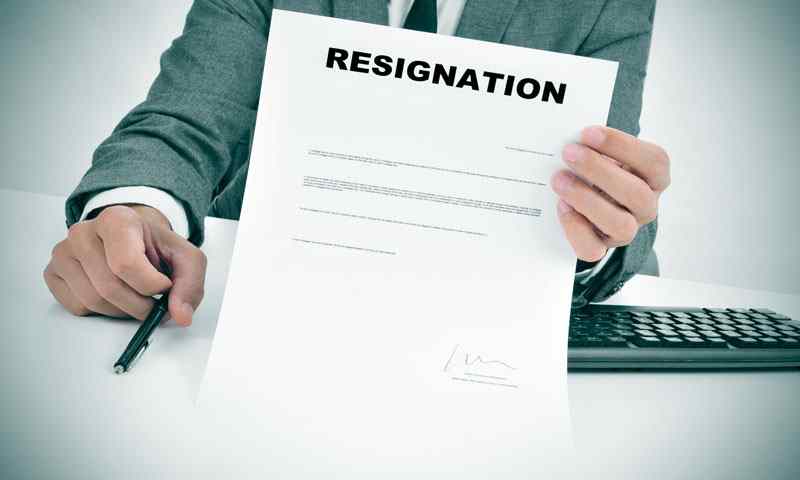
In a significant turn of events, the U.S. Supreme Court has recently overturned two public corruption convictions, bringing attention to the complexities of legal interpretation. The convictions of Joseph Percoco, a former aide to former Democratic New York Gov. Andrew Cuomo, and Louis Ciminelli, a construction executive, were overturned in separate cases involving wire fraud. The decisions, issued on May 11, have stirred discussions among various publications, including the New York Times, CNN, SCOTUSblog, and the Washington Post.
Joseph Percoco’s conviction stemmed from allegations of accepting $35,000 from a real estate developer seeking to avoid a required “labor peace agreement” for business opportunities in New York. At the time, Percoco was a private citizen working on Cuomo’s reelection campaign.
On the other hand, Louis Ciminelli was accused of conspiring to manipulate the bidding process for the Buffalo Billion project, a $1 billion initiative aimed at revitalizing the Buffalo, New York, area. Prosecutors claimed that Ciminelli collaborated with a lobbyist and a Buffalo Billion board official to shape requests for proposals favoring his company.
The central issue in Percoco’s case revolved around the question of whether a private citizen wielding influence over government decision-making can be convicted of honest services wire fraud. The Supreme Court ruled that private citizens could be convicted of honest-services fraud if they engage in agreements that essentially make them agents of the government. However, the jury instructions given in the case were based on an incorrect standard, as noted by Justice Samuel Alito in the majority opinion, which was supported by six other justices.
Connect with legal job recruiters who understand your needs – sign up for LawCrossing now.
In a concurring opinion joined by Justice Clarence Thomas, Justice Neil Gorsuch agreed with the judgment but expressed a broader concern. Gorsuch highlighted the lack of clarity surrounding the “honest-services fraud” concept, stating that even today, there is no definitive understanding of its scope. This uncertainty raises challenges for defendants and legal practitioners alike.
In the case of Louis Ciminelli, the government argued that the developer conspired to withhold potentially valuable economic information, thus depriving the government of its right to control assets. However, the Supreme Court unanimously rejected this theory in an opinion authored by Justice Clarence Thomas. Thomas emphasized that federal fraud statutes solely criminalize schemes that aim to deprive individuals of traditional property interests, excluding the right to acquire potentially valuable economic information.
Legal experts have noted the broader implications of these decisions. Stephen Vladeck, a professor at the University of Texas School of Law, highlighted the Supreme Court’s apparent resistance to expansive interpretations of federal corruption and anti-bribery laws and its skepticism toward aggressive white-collar prosecutions by federal prosecutors. Vladeck emphasized the significance of these cases as additional data points in understanding the court’s stance. Furthermore, he underscored the need for Congress to potentially clarify the reach of these statutes, a responsibility that has yet to be addressed.
The recent Supreme Court decisions reverberate beyond the immediate impact on the defendants involved. They shed light on the challenges of legal interpretation, particularly in cases involving wire fraud and honest services fraud. As the legal landscape continues to evolve, it remains crucial to strike a balance between prosecuting corrupt practices and ensuring clarity in the application of laws. The implications of these cases extend to future white-collar prosecutions, urging stakeholders to carefully consider the need for clarifications and potential legislative actions.




































